Find Help
More Items From Ergsy search
-
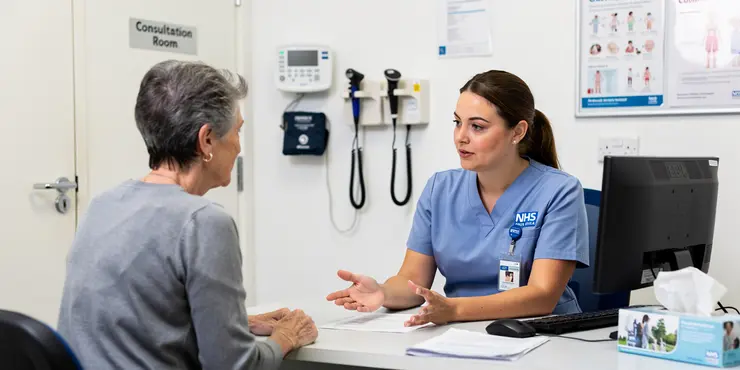
How to Treat a Common Cold
Relevance: 100%
-
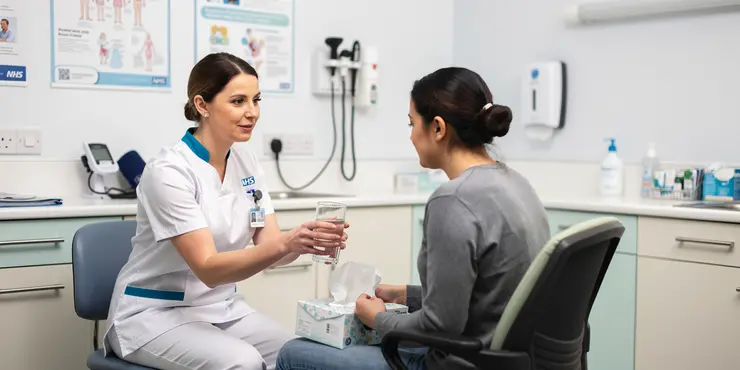
How to treat a cold | NHS
Relevance: 100%
-

How can I treat a cold at home?
Relevance: 95%
-
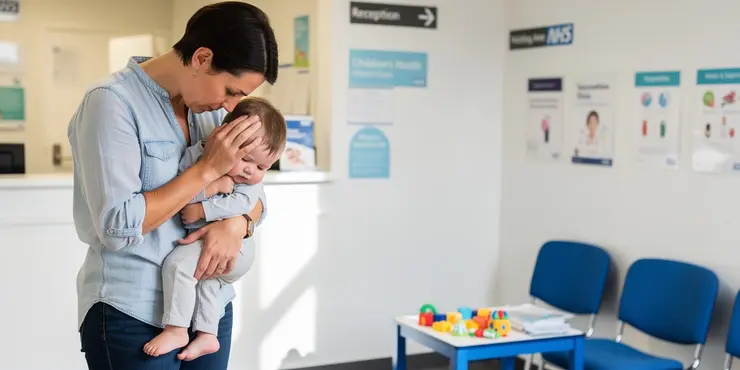
How do I treat my child's cold? (9 - 30 months) | NHS
Relevance: 86%
-
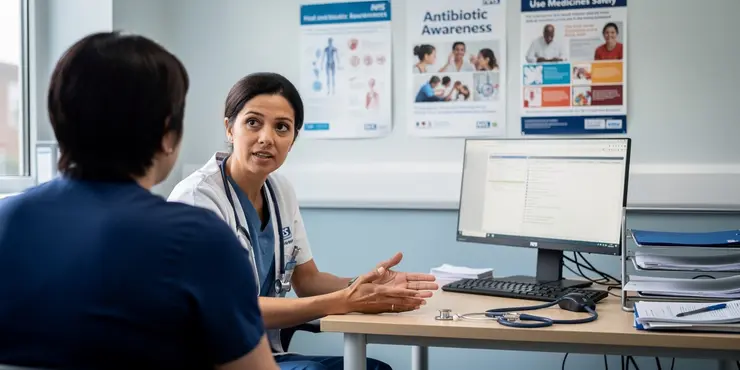
Can I take antibiotics for a cold?
Relevance: 76%
-
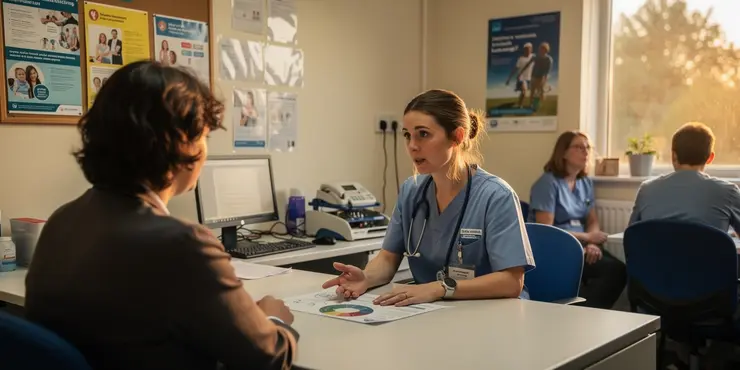
What is the best way to treat a sore throat from a cold?
Relevance: 76%
-
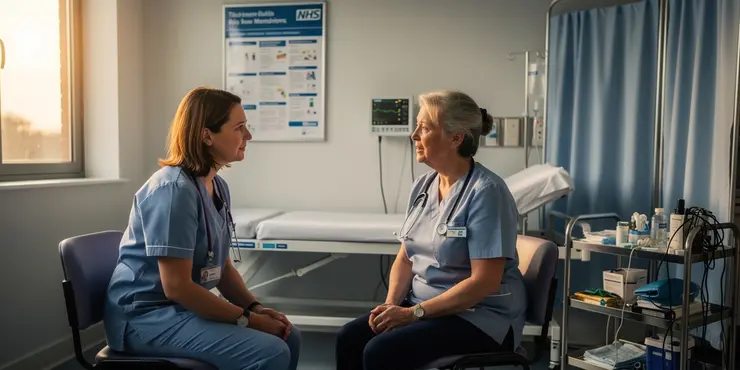
Can cold weather cause a cold?
Relevance: 75%
-

Is there a cure for cold sores?
Relevance: 73%
-
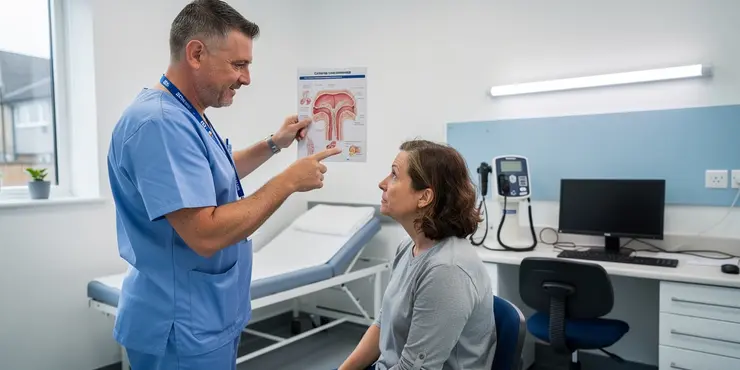
What are Cold Sores?
Relevance: 69%
-
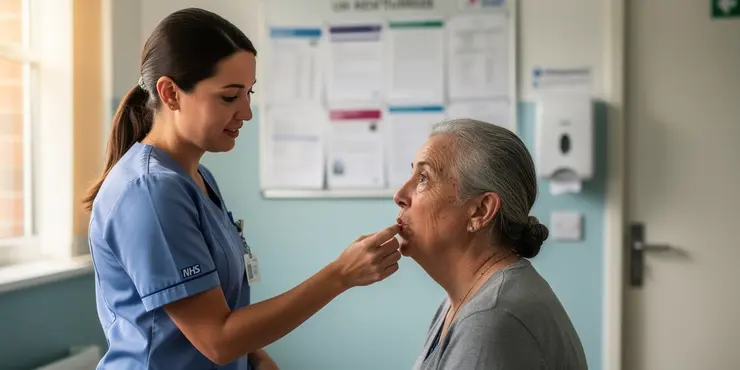
Are cold sores contagious?
Relevance: 68%
-
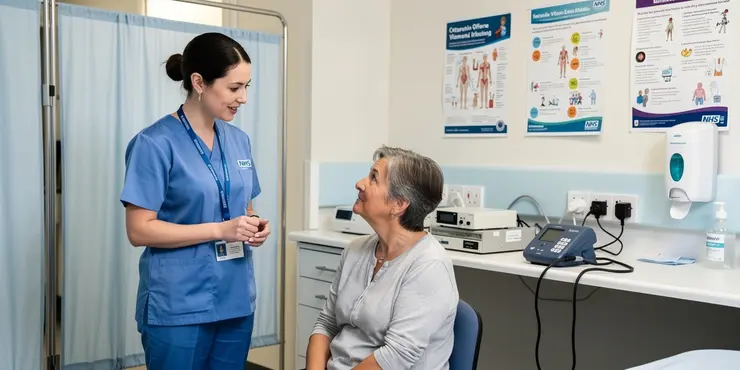
Is Vitamin C effective against colds?
Relevance: 68%
-
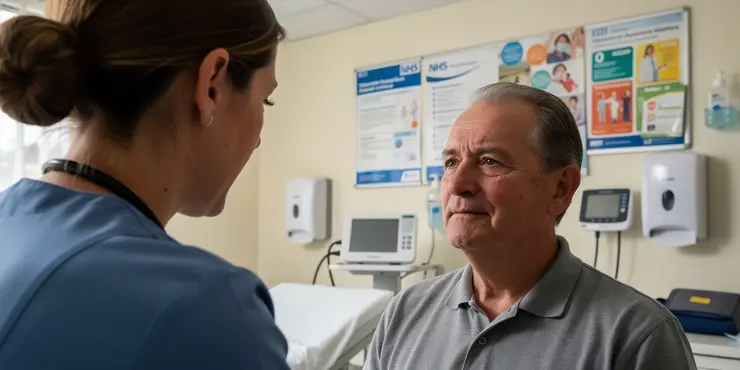
What causes cold sores?
Relevance: 66%
-
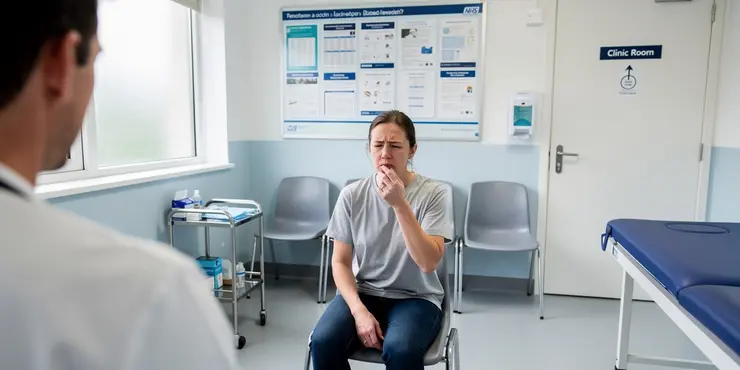
What are the symptoms of a cold sore?
Relevance: 66%
-
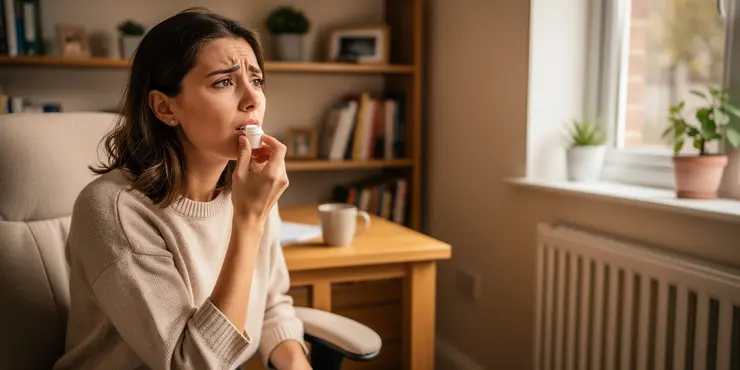
How long do cold sores last?
Relevance: 66%
-
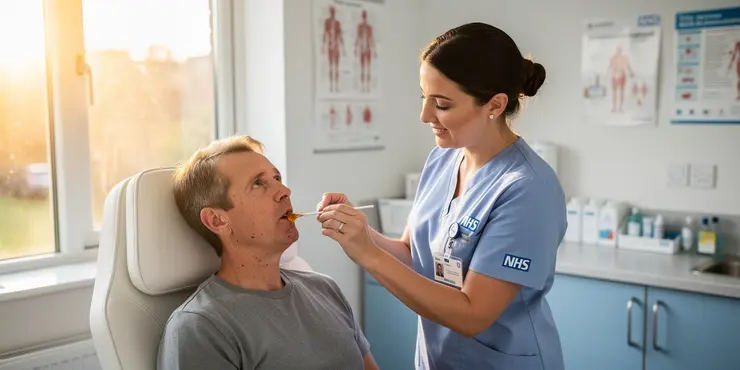
Honey 'as good as antiviral creams' for cold sores | NHS Behind the Headlines
Relevance: 66%
-
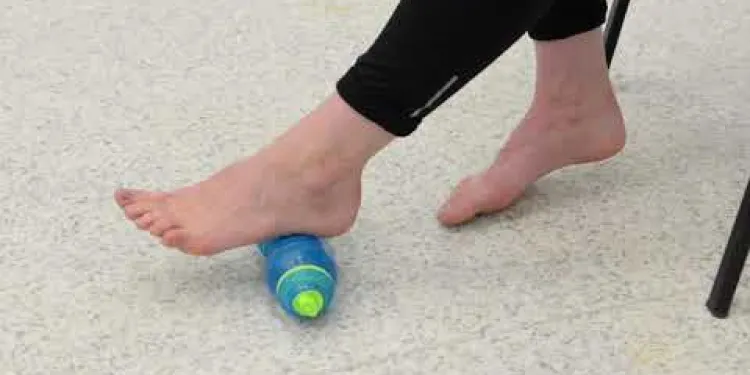
Plantar Fascia Cold Therapy
Relevance: 66%
-
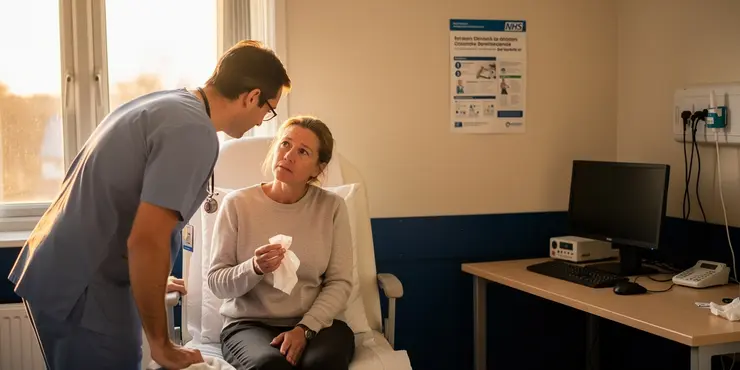
What are the common symptoms of a cold?
Relevance: 66%
-
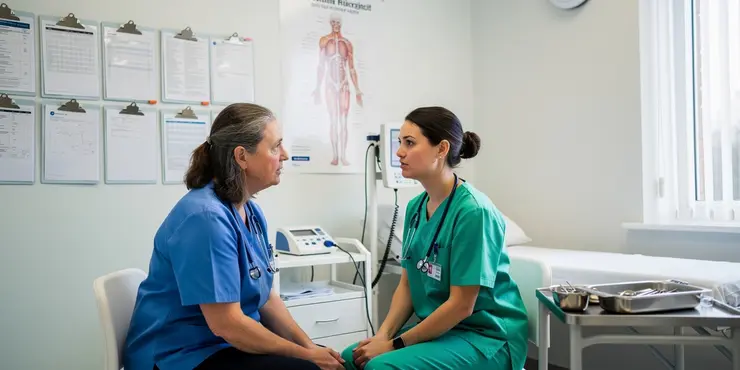
Is there a way to cure a cold quickly?
Relevance: 66%
-
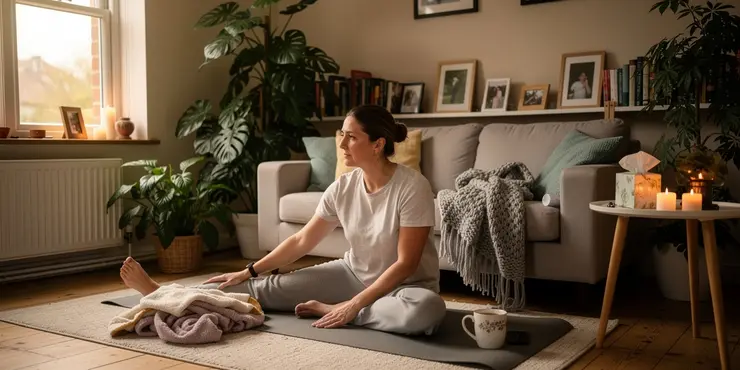
Is it safe to exercise with a cold?
Relevance: 66%
-
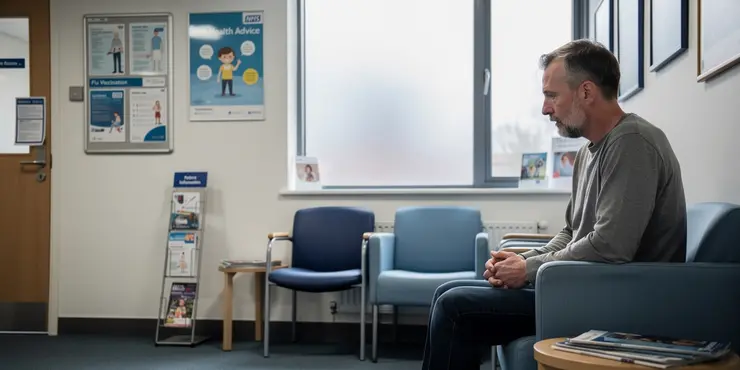
Should I see a doctor for a cold?
Relevance: 65%
-
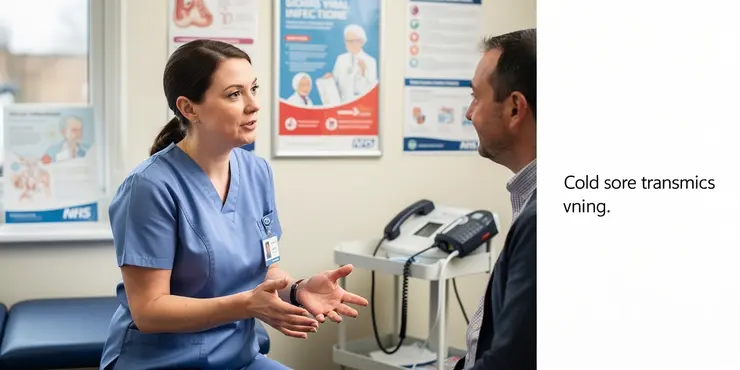
How are cold sores transmitted?
Relevance: 65%
-

Can children take the same cold medications as adults?
Relevance: 64%
-
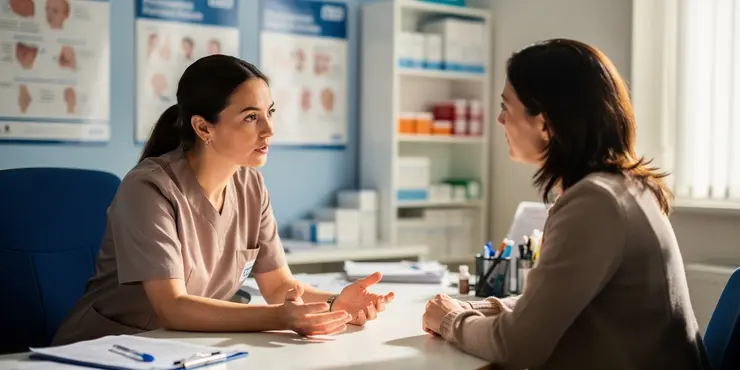
What triggers a cold sore outbreak?
Relevance: 63%
-
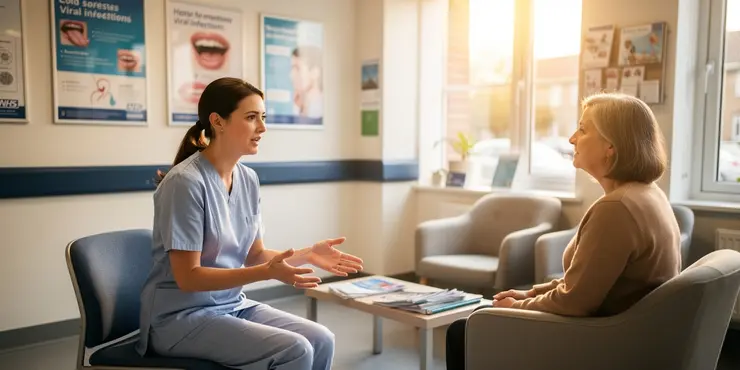
How can I prevent cold sores?
Relevance: 62%
-
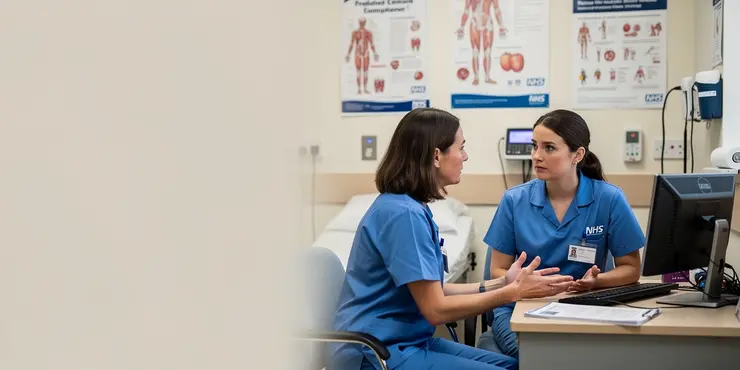
Is it safe to take cold showers during a heatwave?
Relevance: 61%
-
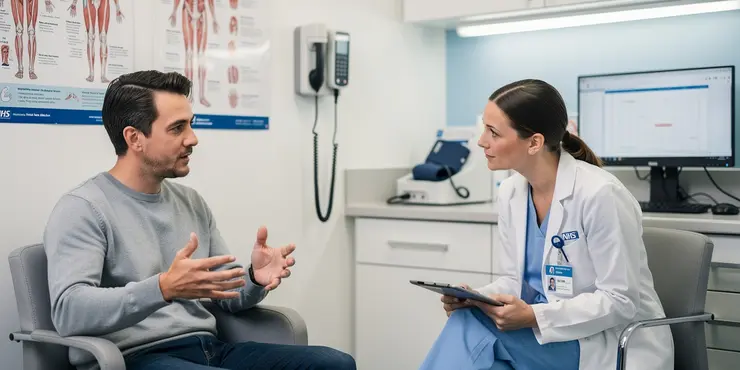
What should you do if you have a cough or cold?
Relevance: 61%
-
Can orange juice help prevent colds?
Relevance: 60%
-
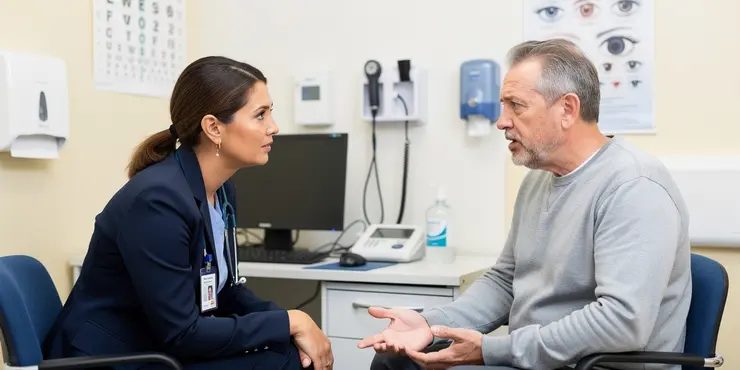
Can I use a humidifier to help with my cold symptoms?
Relevance: 59%
-

How long does a common cold typically last?
Relevance: 59%
-
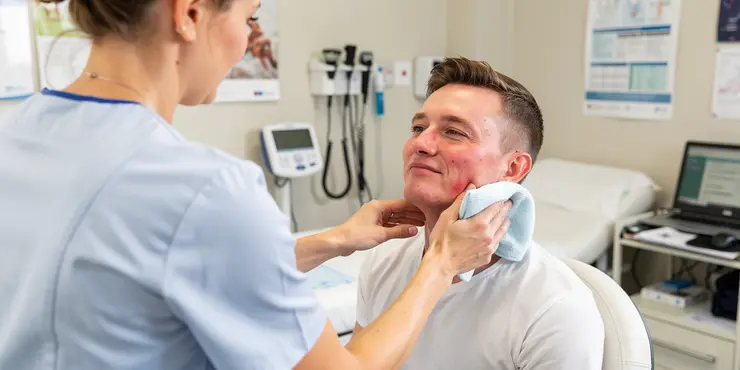
Is it okay to use ice packs or cold showers to cool down?
Relevance: 56%
-
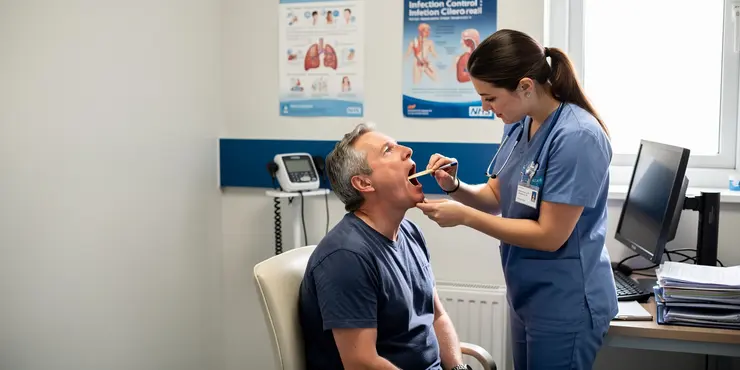
Treating a sore throat
Relevance: 56%
-
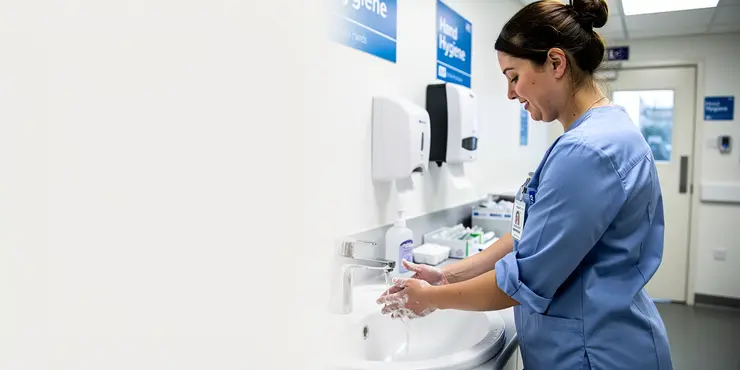
How can I prevent spreading my cold to others?
Relevance: 56%
-
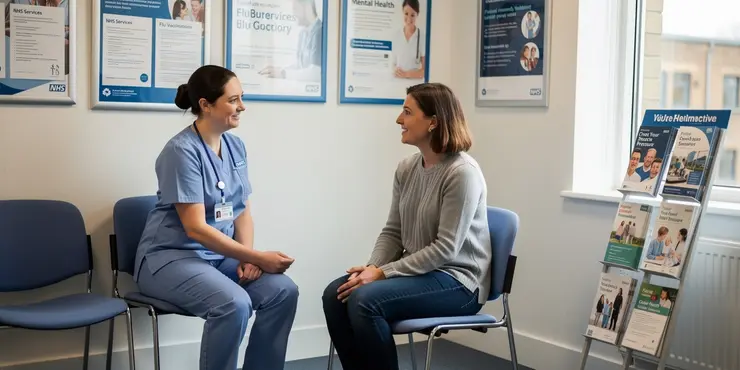
Can I receive the Warm Home Discount and Cold Weather Payment?
Relevance: 55%
-

How is sunburn treated?
Relevance: 54%
-
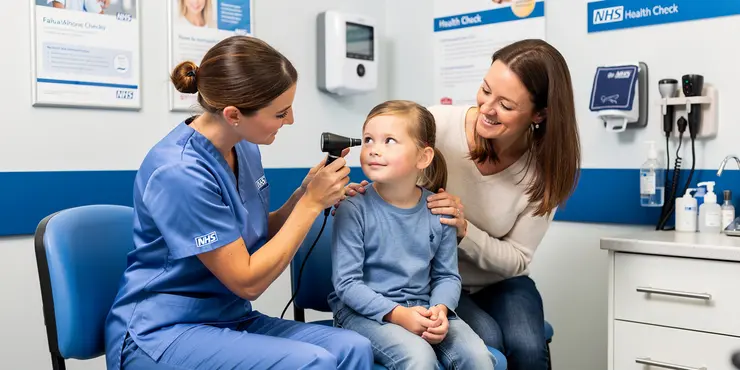
How to treat earache | NHS
Relevance: 51%
-
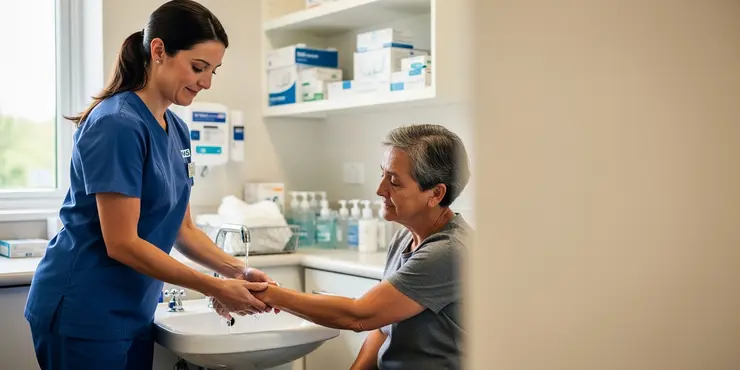
How to treat a scald burn
Relevance: 50%
-
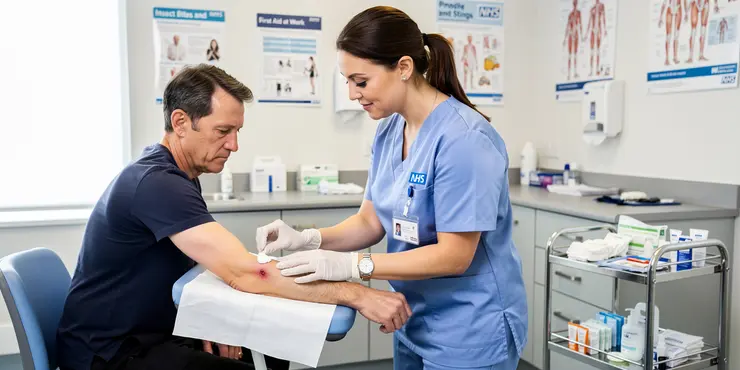
How to treat an insect bite or sting | NHS
Relevance: 49%
-
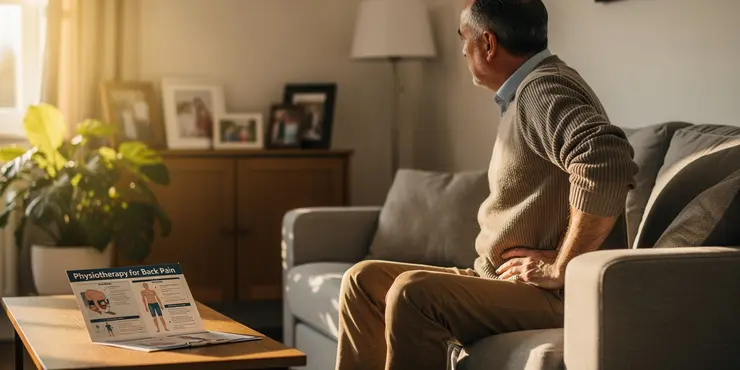
How to treat back pain | NHS
Relevance: 49%
-
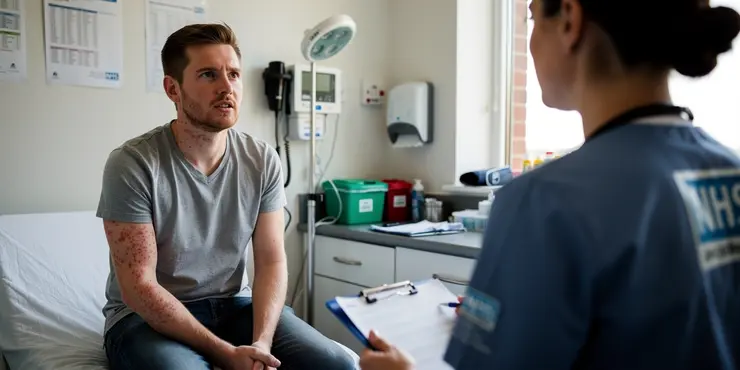
How can nettle rash be treated?
Relevance: 47%
-
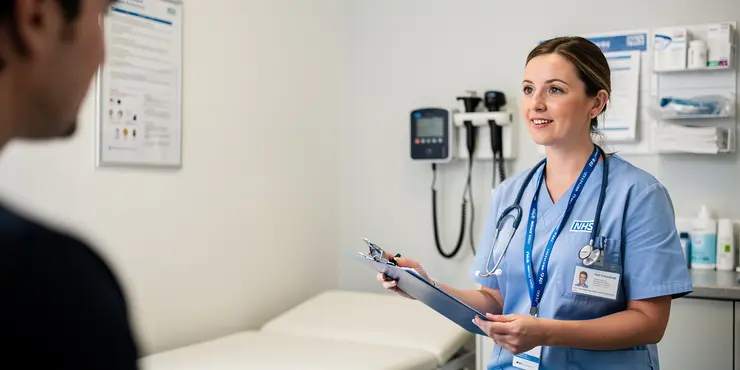
Treating flu (influenza)
Relevance: 47%
How to Treat a Cold | NHS
Understanding Common Cold Symptoms
The common cold is a viral infection that primarily affects the nose, throat, and sinuses. Common symptoms include a sore throat, runny or blocked nose, sneezing, coughing, and a general feeling of being unwell. While colds are usually mild, they can be particularly uncomfortable and inconvenient.
Rest and Hydration
One of the most important things you can do when you have a cold is to get plenty of rest. Your body needs energy to fight off the virus, so try to sleep for at least 8 hours each night. Additionally, staying well-hydrated supports your immune system and helps ease symptoms like a sore throat and congestion. Aim to drink plenty of fluids, such as water, herbal teas, and clear broths.
Over-the-Counter Remedies
Over-the-counter (OTC) medications can help manage cold symptoms. Pain relievers like paracetamol or ibuprofen can reduce fever and alleviate aches and pains. Decongestants and nasal sprays can help to unblock your nose, but should not be used for more than a few days to avoid rebound congestion. Throat lozenges and cough syrups can soothe a sore throat and reduce coughing.
Home Remedies and Self-Care
There are several home remedies that can help alleviate symptoms. Inhaling steam from a bowl of hot water can ease nasal congestion. Adding some menthol or eucalyptus oil to the water can provide additional relief. Gargling with warm salt water can help to soothe a sore throat. Honey and lemon in hot water can also be effective for calming a cough and sore throat.
Avoid Spreading the Virus
To prevent spreading the cold virus to others, practice good hygiene. Wash your hands frequently with soap and water, especially after sneezing or coughing. Use tissues to catch sneezes and dispose of them immediately. Avoid close contact with others while you are symptomatic.
When to Seek Medical Advice
Most colds are self-limiting and will resolve within a week or two. However, you should seek medical advice if your symptoms are severe, persist for more than three weeks, or if you experience any of the following: difficulty breathing, chest pain, a high fever that doesn't respond to medications, or the symptoms of a secondary infection like sinusitis or an ear infection.
Conclusion
While there's no cure for the common cold, following these guidelines can help you manage symptoms and recover more comfortably. If in doubt, visit the NHS website for more information or speak to a healthcare professional.
How to Treat a Cold | NHS
Understanding Cold Symptoms
A cold is a virus that makes your nose, throat, and sinuses feel bad. You might get a sore throat, a runny or blocked nose, sneeze a lot, cough, and feel sick. Colds usually aren't very serious, but they can make you feel uncomfortable.
Rest and Drink Lots of Water
When you have a cold, it's important to rest. Your body needs sleep to fight the cold. Try to sleep at least 8 hours each night. Drinking lots of water is good too. It helps your body fight the cold and makes your throat feel better. Try to drink water, herbal tea, or clear broths.
Medicine You Can Buy
You can buy medicine to help with cold symptoms. Pain relievers like paracetamol or ibuprofen can help with fever, aches, and pains. Medicines to unblock your nose, like decongestants and nasal sprays, help too but don't use them for too long. Throat lozenges and cough syrups can make your throat feel better and help with coughing.
Home Remedies and Taking Care of Yourself
You can do some things at home to feel better. Breathing steam from hot water helps clear your nose. Adding a little menthol or eucalyptus oil helps too. Gargling with warm salt water can make a sore throat feel better. Drinking hot water with honey and lemon helps with coughs and sore throats.
Stop the Virus from Spreading
To stop giving your cold to other people, keep clean. Wash your hands with soap and water a lot, especially after sneezing or coughing. Use tissues to catch sneezes and throw the tissues away right away. Stay away from others while you are sick.
When to See a Doctor
Most colds go away in one or two weeks. But see a doctor if your cold is very bad, lasts more than three weeks, or if you have trouble breathing, chest pain, a very high fever, or other infections like sinusitis or an ear infection.
Conclusion
There is no cure for a cold, but these tips can help you feel better. If you need more information, visit the NHS website or talk to a doctor.
Frequently Asked Questions
What are the common symptoms of a cold?
Common symptoms include a sore throat, runny or blocked nose, sneezing, coughing, headaches, and a general feeling of being unwell.
How long does a cold typically last?
A common cold usually lasts about a week or two. Most people start to feel better within 7 to 10 days.
Can antibiotics treat a cold?
No, antibiotics do not work on viral infections, such as colds. They only work on bacterial infections.
What over-the-counter medications can help alleviate cold symptoms?
You can use decongestants, pain relievers like paracetamol or ibuprofen, and cough syrups to help ease symptoms.
Is it necessary to see a doctor for a cold?
Most people do not need to see a doctor for a cold. However, if symptoms are severe or persist for longer than three weeks, or if you have underlying health conditions, you should seek medical advice.
Are there any home remedies that can help with cold symptoms?
Yes, staying hydrated, resting, using saltwater gargles for a sore throat, and inhaling steam can help alleviate symptoms.
Can taking vitamin C prevent a cold?
While vitamin C won’t prevent a cold, some studies suggest that it may help reduce the duration and severity of cold symptoms.
How can I prevent catching a cold?
Good hygiene practices, such as regular hand washing, avoiding close contact with people who have colds, and not touching your face, can help prevent catching a cold.
Is it safe to exercise when I have a cold?
Mild to moderate exercise is usually okay if your symptoms are above the neck, such as a runny nose or sore throat. However, you should rest if you have a fever, fatigue, or muscle aches.
Can a cold turn into the flu?
No, a cold and the flu are caused by different viruses, and one does not turn into the other. However, the symptoms can be similar.
Is it beneficial to use a humidifier when you have a cold?
Yes, using a humidifier can help relieve nasal congestion and soothe irritated airways.
Can you catch a cold from going outside with wet hair?
No, you cannot catch a cold from being outside with wet hair. Colds are caused by viruses, not cold temperatures or wet hair.
Are cold symptoms different in children compared to adults?
The symptoms are generally the same, but children may experience symptoms more severely, and fever is more common in children.
What should I eat or drink if I have a cold?
Stay hydrated with water, herbal teas, and clear broths. Eating nutritious foods, such as fruits and vegetables, can also help your immune system.
When should I stay home from work or school if I have a cold?
You should stay home if you have a fever, are feeling very unwell, or have a cough that cannot be controlled. This helps prevent spreading the infection to others.
What happens when you have a cold?
When you have a cold, you might:
- Have a runny or stuffy nose
- Cough a lot
- Sneeze
- Feel tired
- Get a sore throat
If you need help, ask an adult to explain or use pictures and videos to understand better. You can also find books with simple words about colds. These can help you learn more.
Some signs you might not be well are:
- A sore throat
- A runny or blocked nose
- Sneezing
- Coughing
- Headaches
- Feeling unwell
It can help to use a tissue when sneezing or coughing. You can also rest, drink water, and tell a grown-up how you feel.
How long does a cold usually last?
A cold is when you feel sick with a runny nose, cough, or sore throat. Most colds last 7 to 10 days.
If you still feel sick after 10 days, it might be good to see a doctor.
Here are some things that can help:
- Rest and sleep
- Drink lots of water
- Eat healthy foods
- Use tissues for your nose
A cold usually makes you feel bad for one or two weeks. Most people start to feel better in 7 to 10 days.
Can antibiotics help get rid of a cold?
No, antibiotics do not work on colds. Colds are caused by viruses, and antibiotics only fight bacteria.
If you have a cold, rest and drink lots of water. This helps your body get better.
If you're not sure what to do when you have a cold, ask a doctor or a nurse.
Using a tissue when you sneeze and washing your hands can also help stop the cold from spreading.
No, antibiotics do not help with colds. Colds are caused by viruses. Antibiotics only help with illnesses caused by bacteria.
What medicines can I buy at the store to help with a cold?
You can get some medicines from the store that might help you feel better if you have a cold. These medicines are safe for most people and you don’t need a doctor’s note to buy them. Here are a few types:
- Pain relievers: These can help if you have a headache or feel sore. Try acetaminophen (like Tylenol) or ibuprofen (like Advil). Remember to follow the instructions on the package.
- Decongestants: These can help if your nose is stuffy. Look for medicines with pseudoephedrine or phenylephrine. These can make you feel more awake, so don’t take them before bed.
- Cough syrups: If you have a cough, look for cough syrups that say they stop coughs. Some have ingredients like dextromethorphan that help stop coughing.
- Throat lozenges: These are like candies that can help if your throat is sore. Lozenges with menthol can be especially soothing.
If you’re not sure which medicine to pick, you can ask the pharmacist for help. It's also good to drink lots of water and get plenty of rest. A warm bath or soup might make you feel better too.
You can take medicine to help you feel better. You can try:
- Medicine that helps you breathe easier.
- Medicine like paracetamol or ibuprofen to help with pain.
- Cough syrup to help if you are coughing.
Do I need to see a doctor when I have a cold?
You usually don't have to see a doctor for a cold. If you feel very sick, if you are sick for more than three weeks, or if you have other health problems, you should talk to a doctor.
Can you try things at home to feel better when you have a cold?
If you have a cold, some things at home might help you feel better. Here are some easy ideas you can try:
- Drink warm water, tea, or soup. It can help your throat feel nice.
- Rest a lot. Sleeping helps your body get better.
- Use tissues to blow your nose often.
- Try breathing in steam from a warm shower.
Grown-ups can help you with these. They can also remind you to wash your hands often.
Yes! Drinking plenty of water, getting enough sleep, rinsing your throat with warm salty water, and breathing in steam can help you feel better.
Can taking vitamin C stop you from getting a cold?
Some people think taking vitamin C can help stop colds. But it may not work for everyone.
Vitamin C is a vitamin that helps your body stay healthy.
If you eat healthy foods like fruits and vegetables, you get vitamin C.
Taking extra vitamin C, like from a tablet, might not stop you from getting sick, but it could help you feel better faster if you catch a cold.
You can talk to a doctor if you have questions about vitamins.
Looking at pictures and reading together with someone else can also help understand more.
Vitamin C doesn't stop you from getting a cold. But some studies say it might help make your cold shorter and not as bad.
How can I stop getting a cold?
To stay healthy and not get a cold, there are some easy things you can do:
- Wash your hands often.
- Try not to be too close to people who are sick.
- Don't touch your face with your hands.
These simple steps can help keep you well. You can also use pictures or stories to remember them better.
Can I do exercise if I have a cold?
It is important to listen to your body. If you feel very sick, like you have a fever or are very tired, it is best to rest.
If you have a mild cold, like a runny nose or a sore throat, you can do light exercise like walking.
Remember to drink lots of water and stop if you feel worse.
If you are not sure, ask a doctor for advice.
It is okay to do light exercise if you have a stuffy nose or a sore throat. But if you have a fever, feel very tired, or your muscles hurt, it is best to rest.
Can a cold change into the flu?
You might wonder if a cold can become the flu. A cold and the flu are two different things. A cold cannot change into the flu.
A cold makes you feel sick but is usually not very serious. The flu can make you feel worse and can be more serious.
If you feel very sick or worried, it is a good idea to see a doctor. They can help you feel better.
Remember to rest, drink lots of water, and wash your hands to stay healthy.
No, a cold and the flu are caused by different viruses. One does not change into the other. But, they can feel the same.
Is a humidifier helpful when you have a cold?
When you have a cold, using a humidifier can help you feel better. A humidifier adds moisture to the air. This can make it easier to breathe and help with a stuffy nose. It can also help your throat feel less dry.
To get the best help from a humidifier:
- Keep the humidifier clean. This stops germs from growing.
- Make sure there is enough water in it.
- Put it in the room where you spend most of your time.
If reading is hard, you can ask someone to read with you or use an app that reads text aloud.
Yes, using a humidifier can help with a stuffy nose and calm breathing tubes.
Can you get sick if you go outside with wet hair?
No, you can't get a cold just because your hair is wet and you're outside. Colds happen because of germs called viruses, not because of being cold or having wet hair.
Do children and adults have different cold symptoms?
Children usually have the same signs as grown-ups. But kids might feel worse. They often get a fever, which means their body gets very hot.
What can I eat or drink if I have a cold?
If you have a cold, here are some things you can eat or drink:
- Chicken soup: Warm and helps you feel better.
- Water: Drink lots of water to stay strong.
- Tummy-friendly foods: Eat soft foods like bananas or rice.
- Fruit juice: Orange juice can give you vitamin C.
Tips: Use a spoon or straw to help you drink. Ask an adult if you need help.
Drink lots of water, herbal teas, and clear soups. Eating healthy foods like fruits and vegetables is good for keeping your body strong and healthy.
When should I stay home from work or school if I have a cold?
If you have a cold, sometimes it is better to stay at home. This helps stop others from getting sick too.
You should stay home if:
- You have a fever (feel very hot).
- You are coughing a lot.
- You feel too tired to work or play.
Rest at home, drink lots of water, and get better soon!
Use a tissue to cover your mouth when you cough or sneeze. Wash your hands often with soap and water. This helps keep germs away.
If you have a fever, feel very sick, or have a bad cough, you should stay home. This helps stop the germs from spreading to other people.
Useful Links
This website offers general information and is not a substitute for professional advice.
Always seek guidance from qualified professionals.
If you have any medical concerns or need urgent help, contact a healthcare professional or emergency services immediately.
Some of this content was generated with AI assistance. We’ve done our best to keep it accurate, helpful, and human-friendly.
- Ergsy carfully checks the information in the videos we provide here.
- Videos shown by Youtube after a video has completed, have NOT been reviewed by ERGSY.
- To view, click the arrow in centre of video.
- Most of the videos you find here will have subtitles and/or closed captions available.
- You may need to turn these on, and choose your preferred language.
- Go to the video you'd like to watch.
- If closed captions (CC) are available, settings will be visible on the bottom right of the video player.
- To turn on Captions, click settings .
- To turn off Captions, click settings again.
More Items From Ergsy search
-

How to Treat a Common Cold
Relevance: 100%
-

How to treat a cold | NHS
Relevance: 100%
-

How can I treat a cold at home?
Relevance: 95%
-

How do I treat my child's cold? (9 - 30 months) | NHS
Relevance: 86%
-

Can I take antibiotics for a cold?
Relevance: 76%
-

What is the best way to treat a sore throat from a cold?
Relevance: 76%
-

Can cold weather cause a cold?
Relevance: 75%
-

Is there a cure for cold sores?
Relevance: 73%
-

What are Cold Sores?
Relevance: 69%
-

Are cold sores contagious?
Relevance: 68%
-

Is Vitamin C effective against colds?
Relevance: 68%
-

What causes cold sores?
Relevance: 66%
-

What are the symptoms of a cold sore?
Relevance: 66%
-

How long do cold sores last?
Relevance: 66%
-

Honey 'as good as antiviral creams' for cold sores | NHS Behind the Headlines
Relevance: 66%
-

Plantar Fascia Cold Therapy
Relevance: 66%
-

What are the common symptoms of a cold?
Relevance: 66%
-

Is there a way to cure a cold quickly?
Relevance: 66%
-

Is it safe to exercise with a cold?
Relevance: 66%
-

Should I see a doctor for a cold?
Relevance: 65%
-

How are cold sores transmitted?
Relevance: 65%
-

Can children take the same cold medications as adults?
Relevance: 64%
-

What triggers a cold sore outbreak?
Relevance: 63%
-

How can I prevent cold sores?
Relevance: 62%
-

Is it safe to take cold showers during a heatwave?
Relevance: 61%
-

What should you do if you have a cough or cold?
Relevance: 61%
-
Can orange juice help prevent colds?
Relevance: 60%
-

Can I use a humidifier to help with my cold symptoms?
Relevance: 59%
-

How long does a common cold typically last?
Relevance: 59%
-

Is it okay to use ice packs or cold showers to cool down?
Relevance: 56%
-

Treating a sore throat
Relevance: 56%
-

How can I prevent spreading my cold to others?
Relevance: 56%
-

Can I receive the Warm Home Discount and Cold Weather Payment?
Relevance: 55%
-

How is sunburn treated?
Relevance: 54%
-

How to treat earache | NHS
Relevance: 51%
-

How to treat a scald burn
Relevance: 50%
-

How to treat an insect bite or sting | NHS
Relevance: 49%
-

How to treat back pain | NHS
Relevance: 49%
-

How can nettle rash be treated?
Relevance: 47%
-

Treating flu (influenza)
Relevance: 47%


